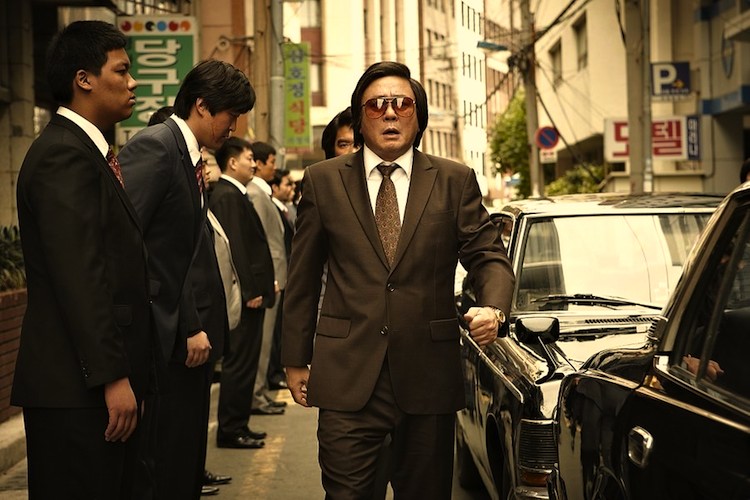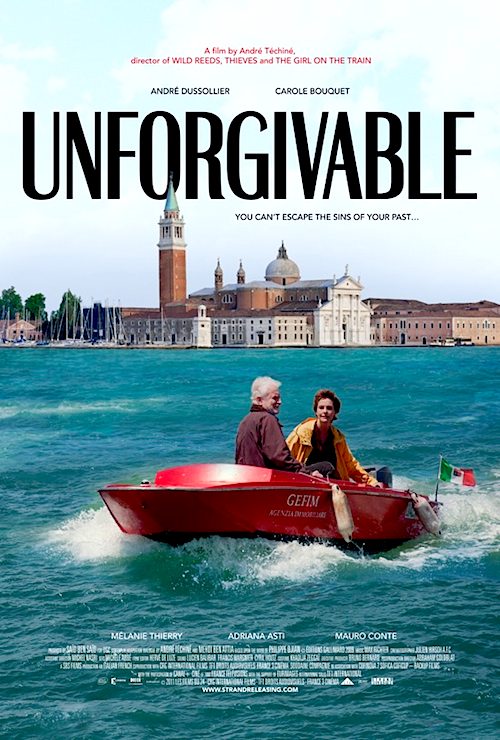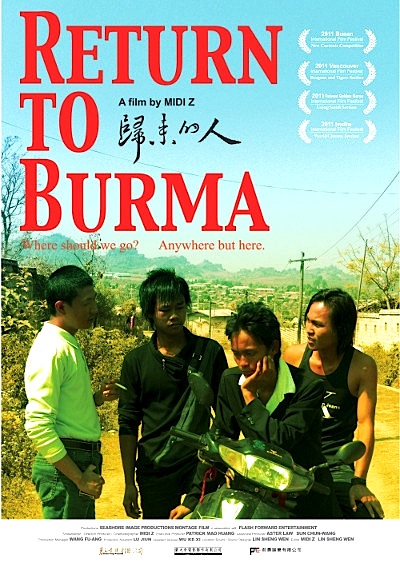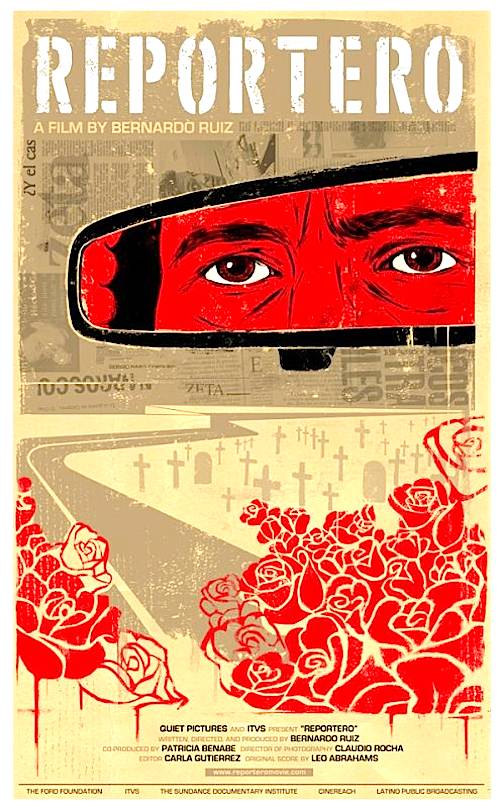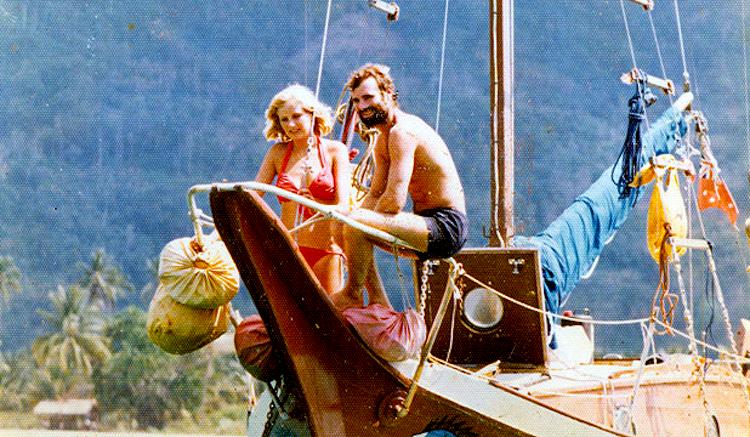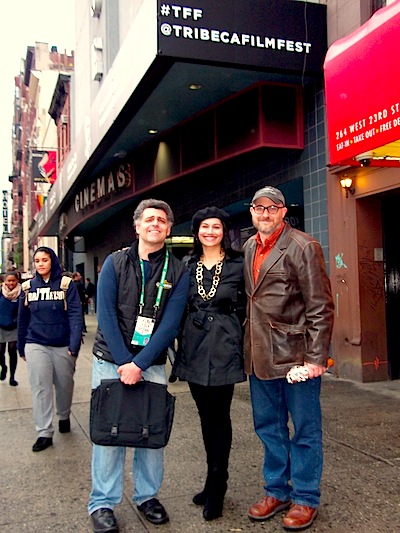
By Govindini Murty. As Libertas readers know, we’ve long been advocates of film festivals, especially those that celebrate independent film. Because they empower individual filmmakers to try out new ideas, film festivals are a crucial way to inspire the spirit of freedom and innovation in the culture. And did I also mention that they’re a lot of fun? Where else can you hang out with fellow film fanatics, see great films, meet talented filmmakers, and return to your own creative work buzzing with renewed energy and ideas?
That’s why we’ve been stepping up our film festival coverage here at Libertas. Jason and I had the chance to attend the Sundance Film Festival and the Tribeca Film Festival this year, and we also just finished attending the LA Film Festival. All three festivals have been terrific experiences. And of course, Libertas’ own Joe Bendel, the Zen master of the independent film review, has already been doing a fantastic job these past two years covering pretty much every film festival on the planet (maybe even in the known universe).
As a result of our indie focus, Indiewire has added us to Criticwire, which means that you can click on our names on their Criticwire page and find letter grades and film reviews for all the independent and mainstream movies we’re seeing.
To also make it easier for Libertas readers to find our film festival reviews, we’ve created new categories in the ‘Articles’ drop down menu above for each of the major film festivals we’re covering. We’ve created a new Sundance category, a Tribeca category, and an LA Film Festival category. Click on one of those categories and you will see all the reviews we’ve posted for that festival going back to the launch of Libertas Film Magazine.
We’ll add more festival categories as we proceed – and remember to go out and support these films! If a movie isn’t playing in a theater in your area, then remember that many of these movies are also available on your cable provider’s VOD, Netflix streaming, Amazon on-demand, or iTunes.
Posted on June 25th, 2012 at 11:41pm.
